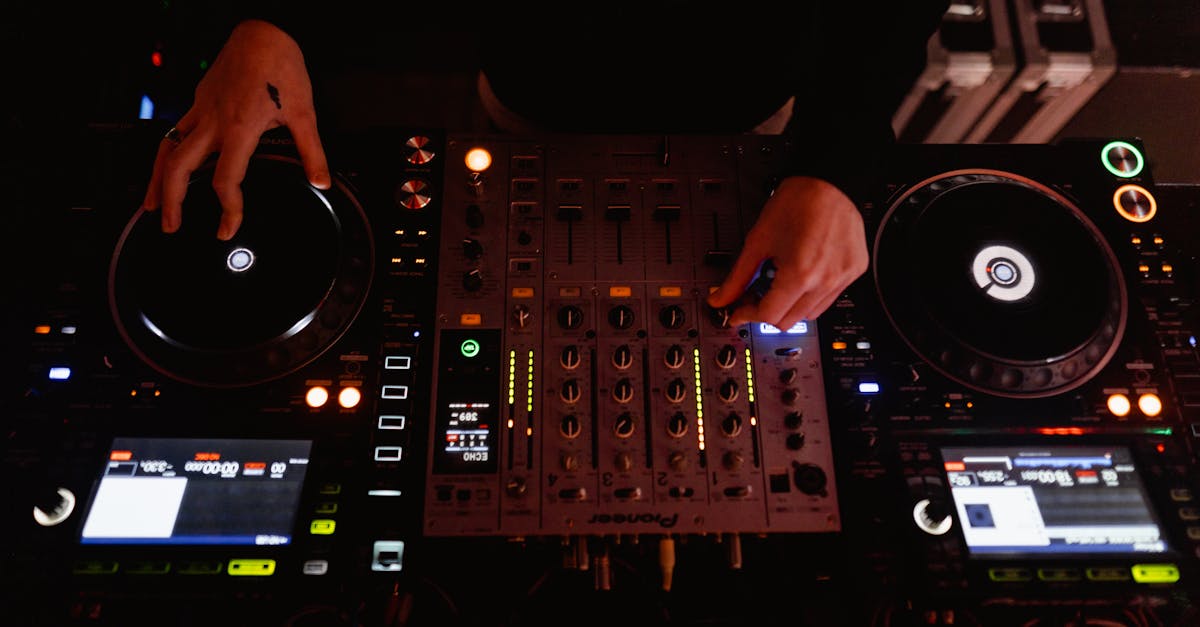Universal Tunes Celebrate the World of Music
Introduction
Music is the universal language that binds people across borders, transcending barriers of language and culture. Whether it's the rhythmic beats of a West African drum, the soulful strains of a Spanish guitar, or the electronic pulse of a contemporary synthesizer, music speaks to our shared humanity. It enriches lives, champions social causes, and even becomes the anthem for revolutionary movements. The universality of sound and rhythm has, over centuries, forged connections in a world divided by language. As we explore the expansive world of music, it's evident that its celebratory nature is central to human experience. Why is music so universal, and how does it weave into the global tapestry? This article delves into these questions and highlights the beauty of universal tunes.
Advertisement
Music as a Cultural Embodiment
Music is not just an art form but a reflection of cultural identity. Every culture has its unique sounds and styles, from the upbeat reggae melodies originating in Jamaica to the deep chants of Tibetan monks. These musical expressions convey the histories, values, and traditions of their respective cultures. Music's cultural significance is evident in rituals, ceremonies, and festivals worldwide, where it often plays a central role. It ensures the survival and continuity of traditions, making them timeless. Thus, through music, cultures not only express but also preserve their essence, offering the world a glimpse into their soul.
Advertisement
The Global Influence of Music
In today's interconnected world, the influence of music spans globally, uniting people in harmony. Thanks to digital platforms, a song composed in a small village in India can be heard in the bustling streets of New York within seconds. This worldwide reach has birthed genres like K-pop and reggaeton that blend linguistic and stylistic elements from various cultures. These global music trends engender cross-cultural connections and encourage collaboration. As artists push boundaries and experiment with diverse sounds, the world of music widens, creating an inclusive space that celebrates diversity. This dynamic exchange of rhythms and melodies showcases music's indiscriminate nature.
Advertisement
Music's Role in Emotional Expression
Music serves as a powerful tool for emotional expression, often reflecting and amplifying human emotions. Whether it's the euphoria of a celebratory tone or the melancholy of a blues chord, music resonates with our deepest feelings. Scientific research has shown music's profound impact on mental well-being, often employed in therapeutic contexts. Songs provide solace during times of heartbreak, motivation during struggles, and joy during celebrations. This emotive power ensures music remains an eternal companion in the human journey, offering a voice for those unable to articulate their sentiments.
Advertisement
Music as a Social Unifier
A significant aspect of music is its ability to bring communities together. During concerts, festivals, and public events, diverse groups gather, united by a common appreciation for sound. National anthems, for instance, foster a sense of patriotism, uniting citizens in shared identity and purpose. Similarly, protest songs have acted as rallying cries in movements seeking social change, demonstrating music's role as both a reflection and catalyst for societal shifts. As an inclusive art form, music invites everyone to join the celebration, breaking down social divides and promoting unity.
Advertisement
Music and Technological Innovation
The evolution of music is inextricably linked with technological advancements. The invention of instruments like the electric guitar and synthesizer introduced new sonic possibilities, while digital platforms revolutionized access to music. Today, musicians use software to create complex compositions, while VR technologies allow immersive live music experiences. The rise of streaming services has further democratized access, bringing a world of sound to listeners' fingertips. These innovations not only transform how we interact with music but also how it’s produced, ensuring that music continues to evolve and inspire future generations.
Advertisement
Music's Role in Spiritual and Religious Practices
Music occupies a sacred role in spiritual and religious practices globally, often considered a medium that transcends the physical world. Chanting, hymns, and mantras are integral to worship in various faiths, imbuing rituals with a transcendental quality. These sacred sounds aim to connect practitioners with higher planes of consciousness, evoking profound spiritual experiences. Whether it's the haunting melody of a Gregorian chant or the pulsating beats of a Sufi qawwali, music offers a spiritual dimension, guiding believers in their journey to divine understanding and enlightenment.
Advertisement
Global Festivals Celebrating Music
Music festivals worldwide stand as testaments to the globe-spanning nature of music. Events like Brazil's Rio Carnival, India's Saptak Festival, and America's Coachella illustrate the diverse ways music is celebrated. These gatherings foster cultural exchange, presenting a multitude of genres and styles to global audiences. They afford attendees an opportunity to experience music beyond their cultural milieu, cultivating a deep appreciation for global rhythms. Through these festivals, music acts as a bridge across cultures, emphasizing shared humanity amidst diversity.
Advertisement
The Language of the Future
As we look forward, music continues to adapt and grow. Emerging technologies like artificial intelligence are reshaping the creation and consumption of music. AI-composed pieces challenge traditional notions of artistry, while advancements in digital accessibility empower budding musicians from all backgrounds. In an increasingly globalized world, music serves as a beacon of empathy and understanding, capable of bridging gaps in communication. Its future lies in embracing diversity, collaboration, and innovation, ensuring universal tunes remain relevant and cherished.
Advertisement
Conclusion
Music remains one of humanity's greatest achievements, encapsulating emotions, cultures, and ideas in melodious form. Its universal appeal lies in its power to connect individuals, capable of dissolving barriers and building bridges across disparate worlds. As a constant in an ever-changing world, music unites and enriches lives, providing a soundtrack to our human narrative. As we celebrate the world of music, we celebrate the tapestry of life itself —dynamic, diverse, and enduring. Let the universal tunes play on, as history's heartbeat courses through them, echoing around the world.
Advertisement







